An important step to improve EU security of supply in the context of the war in Ukraine was taken today with the provisional political agreement reached between the Council and the European Parliament on the legislation on gas storage. The proposed regulation aims to ensure that storage capacities in the EU are filled before the winter season and can be shared between member states in a spirit of solidarity.
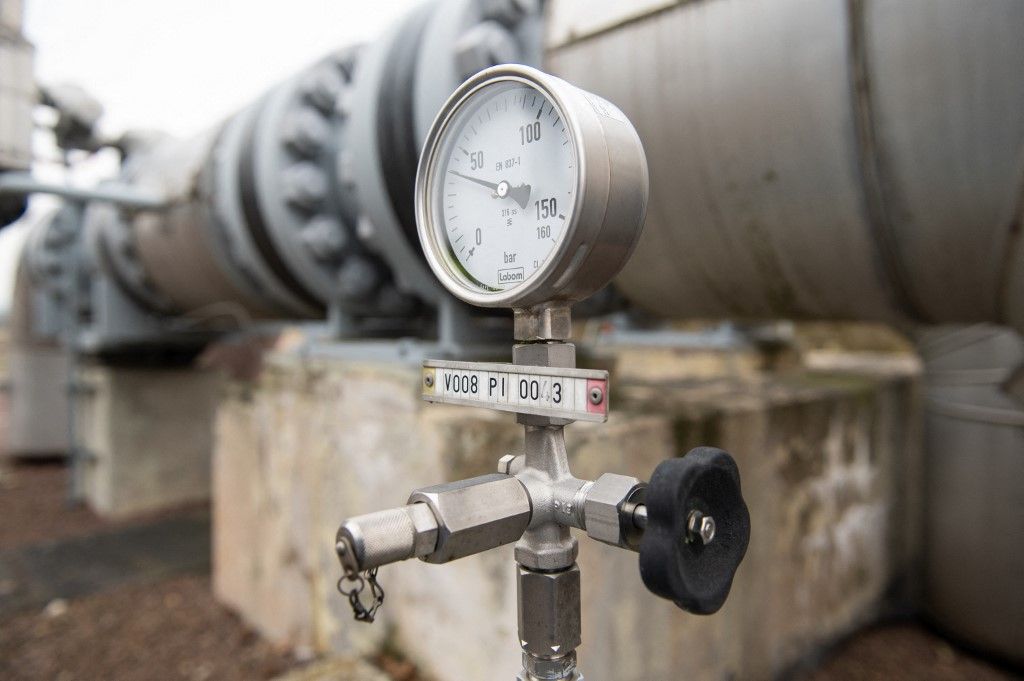
The co-legislators agreed during inter-institutional negotiations that underground gas storage on member states’ territory should be filled to at least 80% of their capacity before the winter of 2022/2023 and to 90% before the following winter periods. The Union will attempt collectively to fill 85% of the underground gas storage capacity in 2022. The filling obligation will be limited to a volume of 35% of the annual gas consumption of member states over the past five years, in order to avoid a disproportionate impact on certain member states with significant storage capacity.
The provisional agreement also stipulates that member states could partially meet the 90% target by counting stocks of liquefied natural gas (LNG) or alternative fuels stored at the facilities.
As not all member states have storage facilities on their territory, the co-legislators agreed that member states without storage facilities would have access to gas storage reserves in other member states. In order to share the financial burden of filling obligations, member states without underground storage facilities will use storage capacity corresponding to 15% of their annual gas consumption over the past five years. As an alternative, member states may organise the establishment of an alternative burden-sharing mechanism.
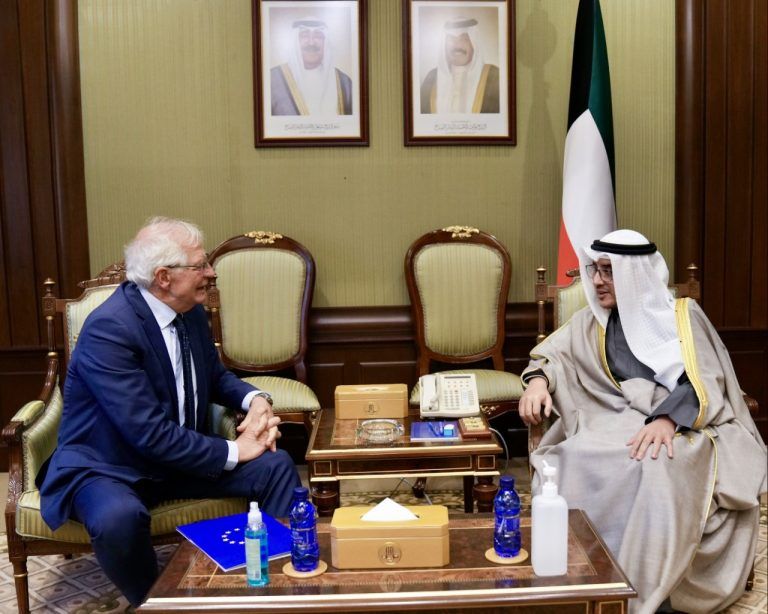
GCC: EU unveils Strategic Partnership with the Gulf |
The co-legislators decided on a ‘filling trajectory’ system, which will allow continuous monitoring throughout the filling season. In 2022, the trajectories will be set in the regulation with a margin of flexibility of 5%. From 2023 onwards, the trajectories will be proposed by the member states and established by implementing acts adopted by the Commission.
The Council and the Parliament also agreed on compulsory certification of all storage system operators in order to avoid the potential risks of external influence on critical storage infrastructures, which could jeopardise the security of the energy supply and other essential security interests. The certification will prioritise larger storage facilities and storage facilities, which have recently been filled to consistently low levels. Member states will have 150 days after the entry into force of the regulation to certify the prioritised facilities and 18 months to certify the other facilities. Uncertified operators will be required to relinquish ownership or control of storage facilities.
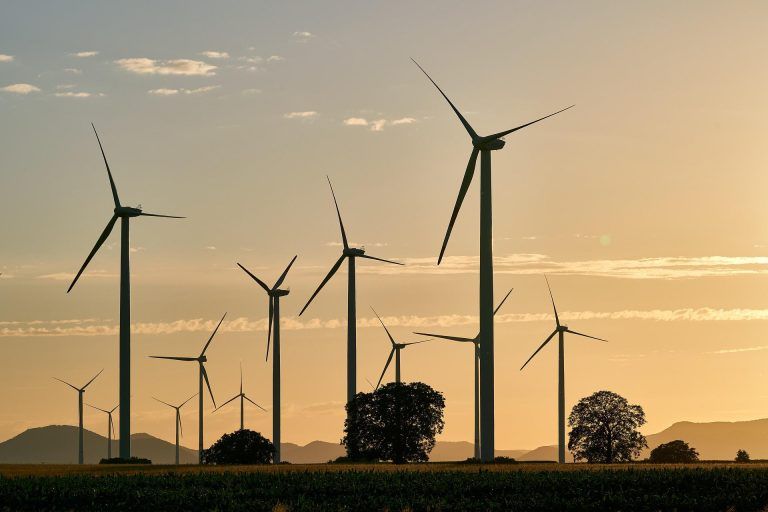
Commission’s emergency measures to improve energy markets
|
The Council and the Parliament agreed to add a reference concerning the diversification of gas suppliers and the reduction of the EU’s energy dependence in a recital of the regulation. They also added using joint purchases of gas in the list of measures that member states can take in order to ensure the filling objectives. The list contains among other things financial incentives, instruments requiring gas suppliers to store minimum volumes of gas in storage facilities and instruments requiring storage capacity holders to use or release unused booked capacities.
The co-legislators agreed that the filling obligations would expire on 31 December 2025 whereas certification obligations will continue beyond that date. They also decided to grant a derogation to Cyprus, Malta and Ireland as long as they are not directly interconnected with the gas system of other member states.
More information: European Council – Press release



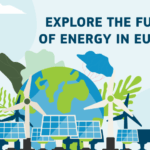
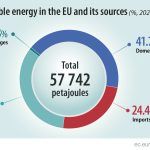

Leave a Reply